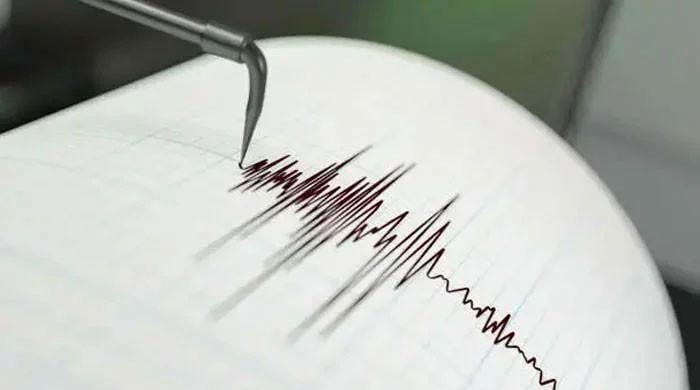Punjab govt may close wedding halls, ban sports activities for two weeks: Firdous Ashiq Awan
Punjab CM's aide on Information Firdous Ashiq Awan says government will limit activities that will not affect the economy
March 22, 2021
- Special Assistant to Punjab Chief Minister on Information Firdous Ashiq Awan says the Punjab govt is considering a limit on activities as people’s lives are more important than events.
- Awan says the government will limit activities that will not affect the economy.
- She said she was diagnosed with coronavirus so she understands the problems associated with it.
Special Assistant to Punjab Chief Minister on Information Firdous Ashiq Awan said on Monday that the Punjab government is considering placing a complete ban on wedding halls and sports activities in the province for two weeks.
“A proposal for a complete ban on wedding halls and sports for two weeks is under consideration,” Awan said on Geo Pakistan. She added that they were considering such a decision as people’s lives are more important than such events.
Read more: Punjab Health Minister Dr Yasmin Rashid wants public to take third coronavirus wave seriously
The special assistant said that the government will limit activities that will not affect the economy. She added that she was diagnosed with coronavirus so she understands the problems associated with it.
The de facto information minister of Punjab said that the coronavirus was not a problem for one province, but all provinces. She added that no government can deal with the problem alone.
Punjab ramping up restrictions as coronavirus cases spike
Earlier this month, Punjab government decided to reimpose several restrictions in different districts of the province after coronavirus cases started to going up again in Punjab.
Punjab Chief Minister Usman Buzdar had tweeted an update on the new restrictions, saying that COVID-19 cases, especially the UK variant, were spreading across the province.
"According to the advice of health experts, starting from Saturday night, we have decided to implement strict coronavirus SOPs in districts with over 5% positivity rate for the next 15 days," he had said.
Read more: Six Punjab cities allowed to keep markets open on Sunday in revised lockdown schedule
His tweet came as the Punjab health department issued a notification detailing the restrictions and situation across the province.
"The positivity rate in some cities is constantly rising and third wave is looming, which poses a serious and imminent threat to public health," the notification read.
The restrictions were placed under the Punjab Infectious Diseases (Prevention and Control) Act 2020.
Here's what is allowed and what isn't:
- All commercial activities, establishments and markets will close by 6pm on weekdays and completely closed on Fridays and Saturdays.
- This excludes medical services, general stores, bakeries, milk and meat shops, tire puncture shops, fruit and vegetable shops, tandoors, petrol pumps, oil depots, LPG outlets and filing plants, agriculture machinery workshops and spare parts shops, printing press, call centers (with 50% staff and no public dealing).
- Takeaway and home delivery from restaurants will remain open.
- Wedding halls are to stay closed in Lahore, Rawalpindi. Sargodha, Faisalabad, Multan, Gujranwala and Gujrat from March 15.
- Only outdoor weddings will be allowed with a maximum of 300 guests.
- There is a complete ban on indoor and outdoor dining in Lahore, Rawalpindi, Sargodha, Faisalabad, Multan, Gujranwala and Gujrat and only takeaway/ home delivery will be allowed in these cities.
- Parks will close at 6pm.
- Offices are to follow a 50% work from home policy.
- Cinemas and shrines will stay closed.
- Large gatherings indoors have been banned. Outdoor gatherings (other than weddings) are allowed with a maximum of 50 people in Lahore, Rawalpindi, Sargodha, Faisalabad, Multan, Gujranwala and Gujrat and 300 persons in the rest of the province for a maximum of two hours.
- Sports and all cultural activities will remain banned.
- Industrial activities and establishments are exempt from these restrictions.











